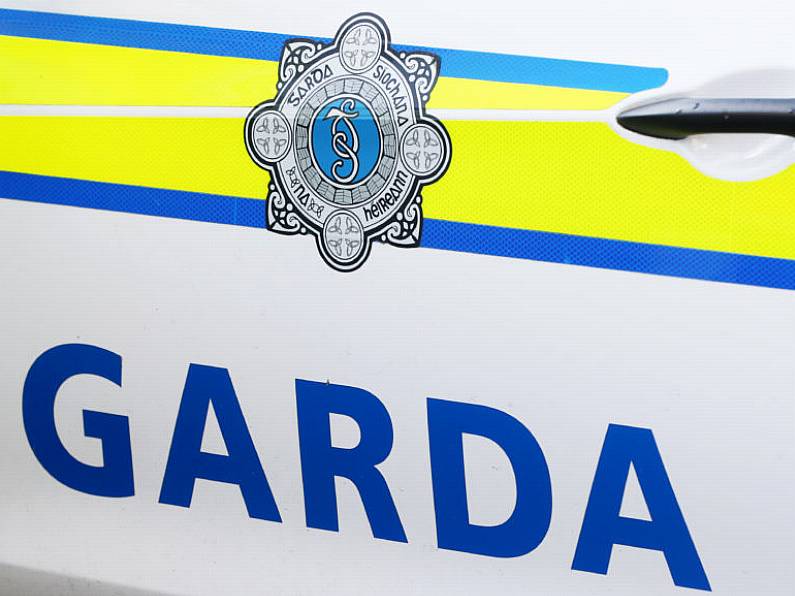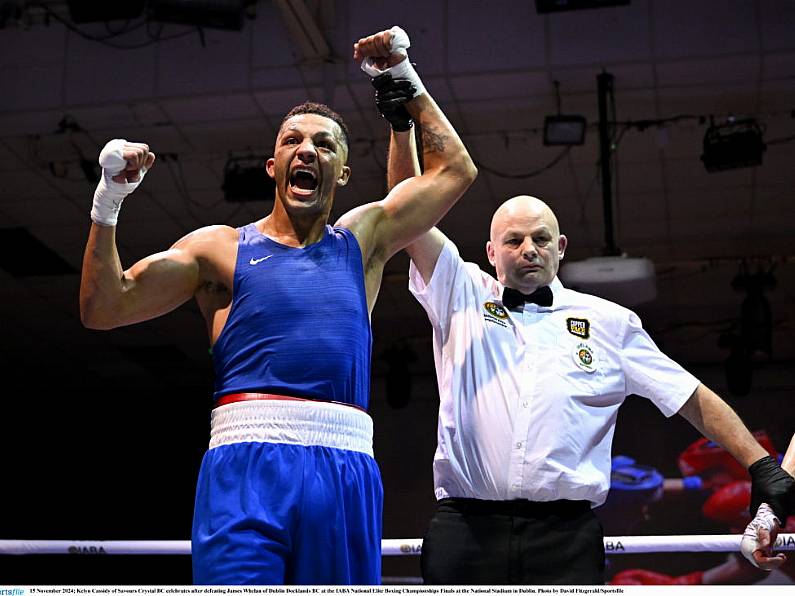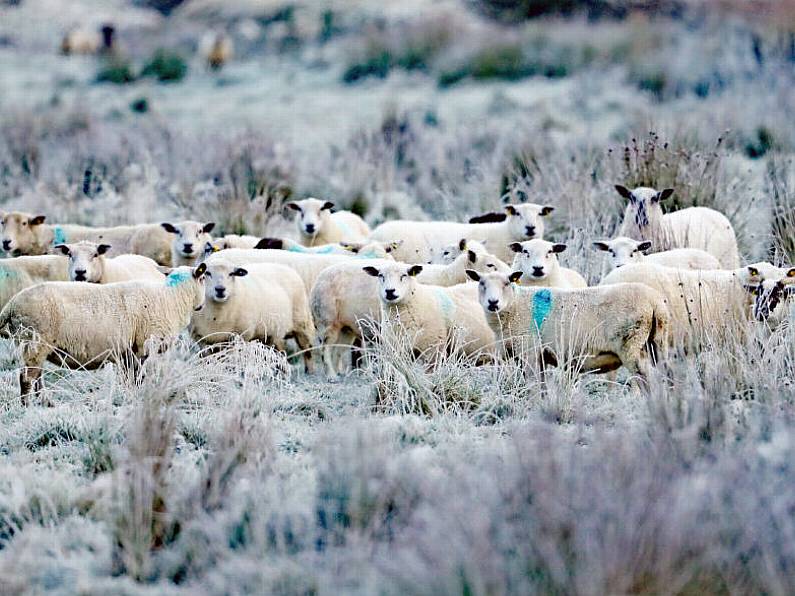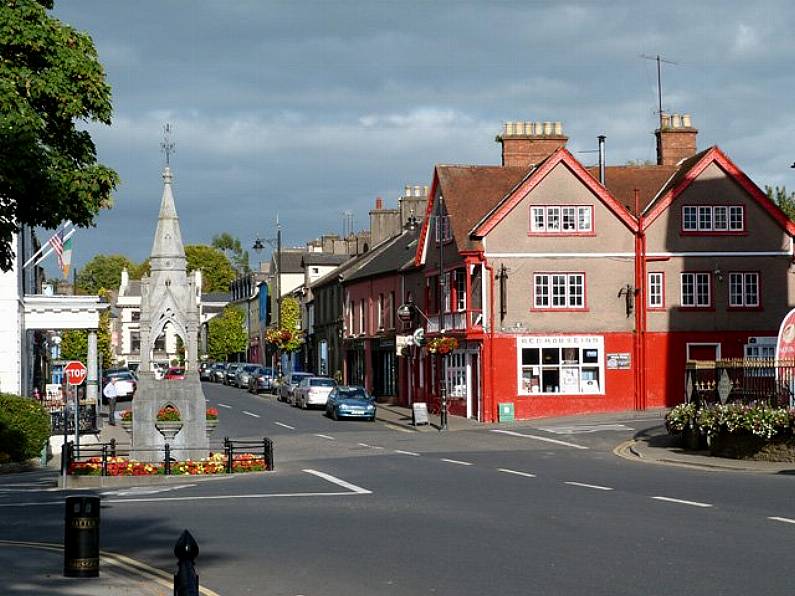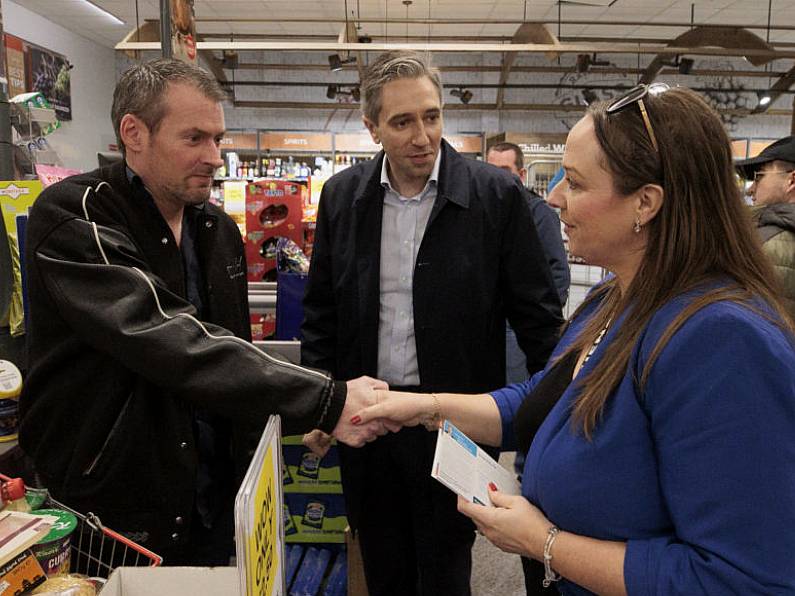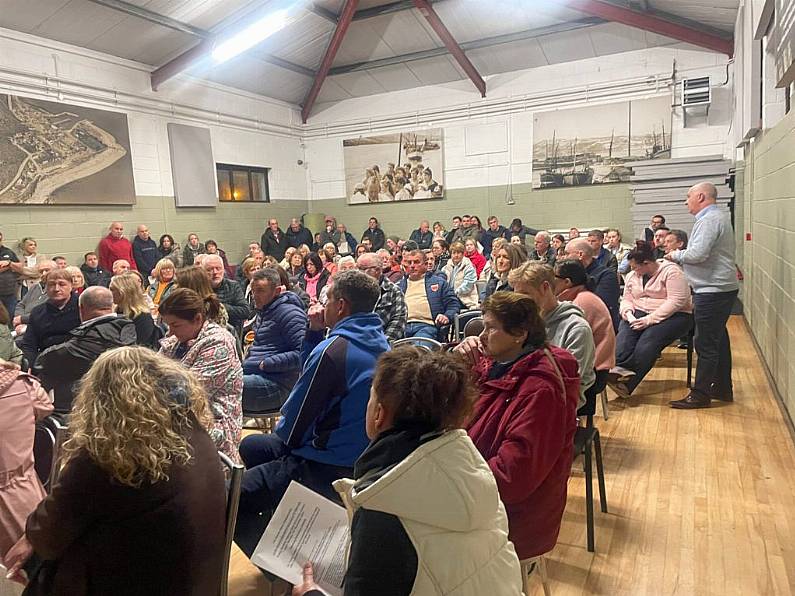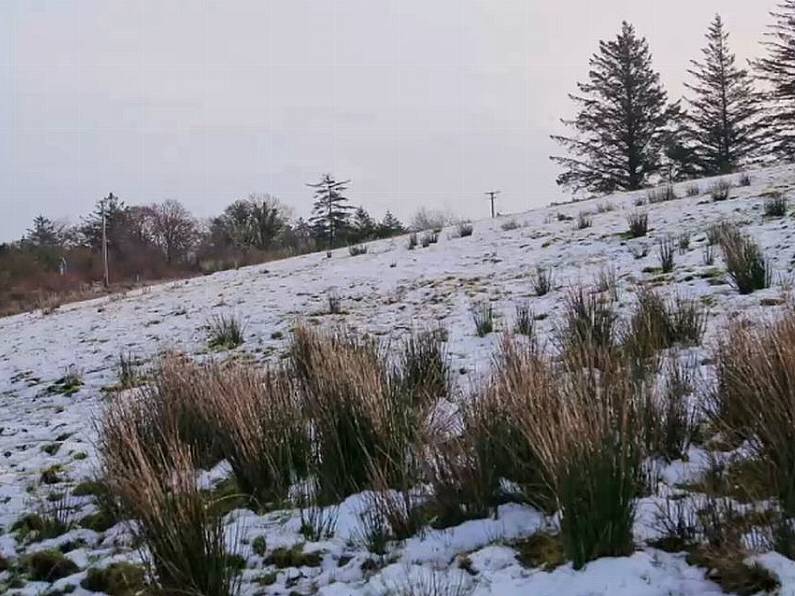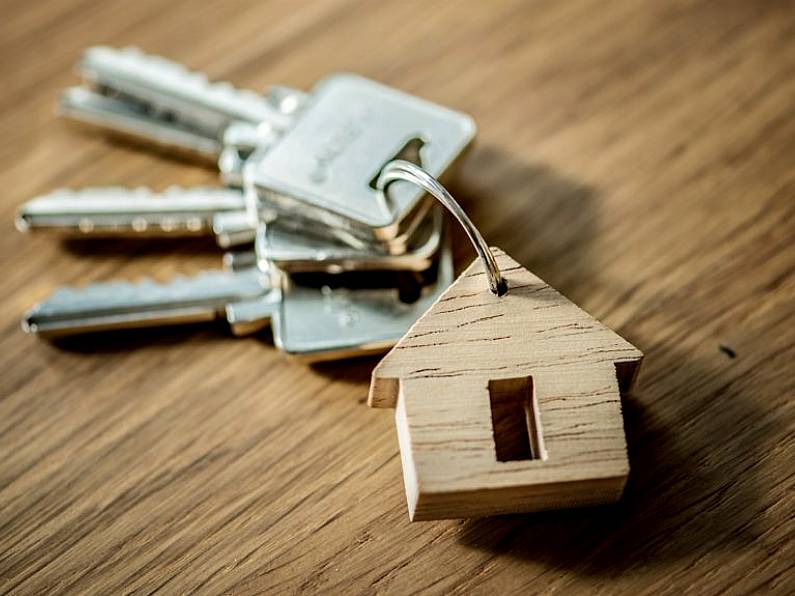Follow the main points from Budget 2020 as they emerge from Paschal Donohoe's speech to the Dáil, starting at 1 pm.
Watch LIVE coverage of #Budget2020 on #OireachtasTV from 1pm today & tune in online for #ISL Interpretation #seeforyourself https://t.co/5C8P3AMQrd
https://t.co/rUaMRkVfMd— Houses of the Oireachtas - Tithe an Oireachtais (@OireachtasNews) October 8, 2019
Budget 2020 main points:
- Carbon tax to rise by €6, from €20 per tonne to €26, with polluted-linked charges for new petrol and diesel cars.
- The threshold for medical card income for people over the age of 70 will increase by €50 for one person or €150 for a couple.
- Prescription charges for over-70s cut by 50c, to €1.
- Free dental care for under sixes and free GP care for under eights.
- €1.2bn war chest to cope with a no-deal Brexit.
- The price of a packet of 20 cigarettes is to go up by 50c from midnight.
Children
The department of Children will be allocated an additional €94m in 2020.
The allocation for Tusla will be over €184m to support the reduction of the number of children to social worker ratio, and address cost pressures in private residential and foster care.
Funding and early learning care will increase by €54m, to support full participation of children with disabilities under the Access and Inclusion Model, and to support the National Childcare Scheme.
Education
Education will receive €11bn in next year’s budget, the highest ever allocation to the sector.
This will provide for 150 new mainstream teaching posts, and includes an investment of €1.9m in special education – providing over 400 additional teaching posts to support those with special education needs, and 1,000 special needs assistants.
Additional funding has been made available for school books in primary schools.
Cigarettes
The price of a packet of 20 cigarettes is to go up by 50c from midnight.
“This will bring the price of cigarettes in the most popular price category to 13.50 euro,” Mr Donohoe said.
Free GP and dental care
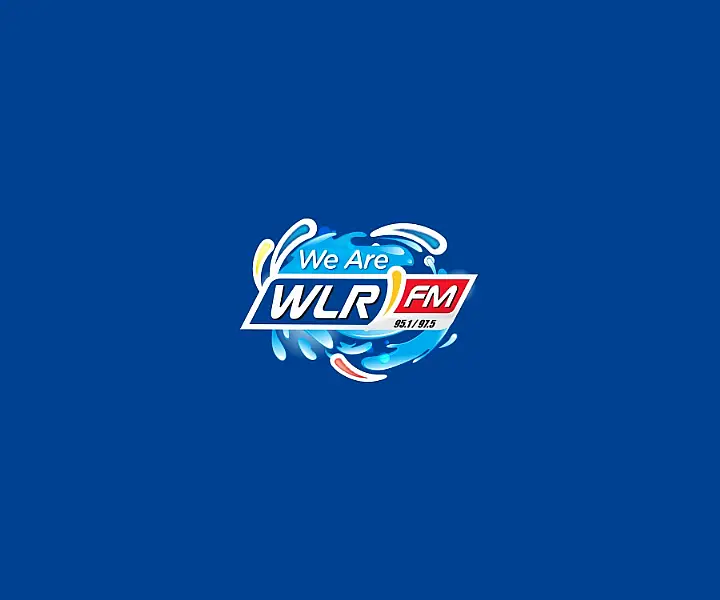
Free GP care is to be expanded to children under the age of eight and free dental care for children under the age of six.
Medical cards

The threshold for medical card income for people over the age of 70 will increase by €50 for one person or €150 for a couple.
This will benefit up to 56,000 people.
Health

Current spending on health will increase by 6.3% to €17.4bn next year.
The Government is to spend another €25m on the National Treatment Purchase Fund to help reduce waiting lists.
Prescription charges are to be reduced by 50c.
The monthly threshold for the Drug Payment Scheme is being reduced by €10 a month.
Housing and homelessness
€1.1bn will support the building of 11,000 social houses in 2020, and a further 12,000 will be built in 2021.
€80m will go towards for HAP (Housing Assistance Payment) payments.
An extra €20m for homeless services will bring their budget to €166m.
There's 17.5m for the Land Development Agency and €186m for the serviced site fund and affordable housing, plus €130m for an urban regeneration fund.
€2m in additional funding will be used to step up the powers of the RTB (Residential Tenancies Board).
The help-to-buy scheme will be extended until 2021.
The rate of stamp duty applicable to non-residential property will increase 1.5% at midnight, from 6% to 7.5%.
#Budget2020 pic.twitter.com/QipSXmRwsz
— Department of Finance (@IRLDeptFinance) October 8, 2019
Transport
A large increase of €384m will go to the Department of Transport, taking its total budget to €2.7bn.
€9m will go to sustainable mobility projects like greenways and urban cycling projects.
There's €3m for electric car infrastructure, which will double the number of local authority on-street charge points. A new scheme will be introduced for communal charge points in apartment blocks and the roll-out of fast-charging points at taxi ranks.
€8m goes to the Department of Communications for retention of grants to buy electric cars.
Overseas aid
There will be a €21m increase in overseas aid, to €837m in 2020.
Tourism
Minister Donohoe has pledged €40m for tourism specific initiatives in 2020.
Farming
Farm restructuring relief will be extended until 2022.
Government are investing €2bn in rural Ireland next year, including €51m more for the Department of Agriculture.
€3m will go to pilot new agri-environmental schemes in 2020 to reduce emissions in the sector.
Business schemes
Nearly €1bn will go to the Department of Business, including €10m for a disruptive technologies fund and €600m for a Brexit loan and growth scheme.
He will increase the R&D (research and development) tax credit for small and micro companies from 25% to 30%.
Emissions-based charge on new cars
The 1% diesel surcharge will be replaced by a nitrogen oxide emissions-based charge.
It will apply to all new cars registered from January 1, 2020.
The Minister also announced:
- Benefit in Kind to have an environmental rationale for commercial vehicles from 2023
- Extend BIK zero rate on electric cars to 2022
- Extend VRT relief on hybrids to 2020
- Diesel rebate scheme for hauliers to compensate for fuel cost increases.
Carbon tax

The Finance Minister has announced a carbon tax increase of €6 per tonne, rising from €20 a tonne to €26.
The increase will apply to petrol from midnight tonight but other fuels will be delayed until May 2020 after the winter heating season.
The increase will raise €90m in 2020, some of which will be used for a package targeted at the Midlands/ Bord na Mona region.
There will be €20m for a new energy efficiency scheme targeted initially at social housing stock in the region, €5m for peatland rehabilitation, and €6m for a just transition fund.
Midlands investment will support 400 environmentally sustainable jobs with 100 more through peatlands rehabilitation, according to the Minister.
€2.9bn budget
Paschal Donohoe has confirmed tax measures will raise €300m, meaning a total budget package of €2.9bn.
The Minister says a significant reduction in supplementary estimates was needed to bail out overspending departments.
Rainy-day fund
€1.5bn will be transferred into the 'Rainy day fund' from Ireland's Strategic Investment Fund.
Brexit

Paschal Donohoe has announced a package of more than €1.2bn, excluding EU funding, for Ireland to respond to a no-deal Brexit.
€200m of this expenditure for next year will be used to increase staffing across government departments and upgrade ports and airports.
A fund of €650m will go to support the agriculture, enterprise, and tourism sectors in the case of no-deal. €220m will be deployed immediately.
There will be a €110 fund for businesses, including a €45m transition fund and €42m rescue and restructuring fund.
- €45m transition fund
- €42m rescue and restructuring fund
- €8m transformation fund for food and non-food businesses
- €5m for Micro Finance Ireland
- €5m for LEO Brexit Fund
- €2m for Intertrade Ireland
- €3m for regulatory bodies
Beef farmers will receive €85m in no-deal Brexit supports and €14m will go towards fisheries.
There will be €6m for livestock farmers and the mushroom sector, and €5m for food and drinks processing.
€365m will go into Social Protection expenditure.
Growth forecast
Finance Minister Paschal Donohoe has said today's budget is one "without precedent", managing national services with the risks of Brexit and climate change.
He says no-deal is the "central assumption" of today's plans, which will mean a slower pace of growth.
A surplus of 0.2% is projected for this year. A no-deal Brexit, however, will see the surplus swing to a deficit of 0.6% for next year.
Mr Donohoe said 19,000 new jobs are forecast to be created next year, although Brexit risks could reduce this number.
Budget day, busy day. #Budget2020 amounts to €70bn of spending to:
1️⃣ Protect Ireland from the worst of a No Deal Brexit
2️⃣ Protect the environment
3️⃣ Deliver balanced regional development
4️⃣ Make life a little easier for families— Leo Varadkar (@LeoVaradkar) October 8, 2019
Minister @Paschald arriving at Government Buildings to deliver #Budget2020 pic.twitter.com/argxWPTXBY
— MerrionStreet.ie (@merrionstreet) October 8, 2019





